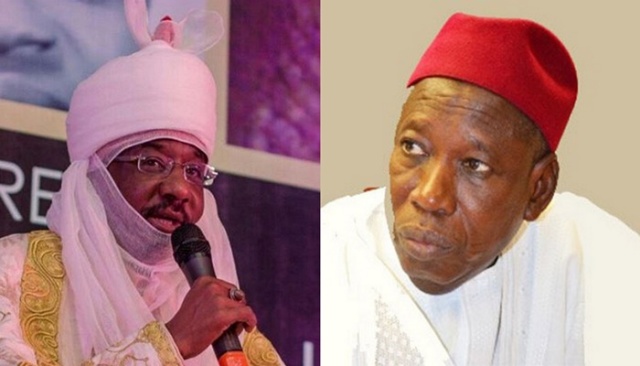The Independent National Electoral Commission (INEC) has said that elections would not be held in 240 polling units spread across 28 states and the Federal Capital Territory (FCT) because no registrant chose the polling units during the last continuous voter registration (CVR) held between June 2021 and July 2022.
Chairman of the commission, Prof Mahmood Yakubu, disclosed this when he addressed members of the Inter-Party Advisory Council (IPAC) at the INEC headquarters in Abuja yesterday.
He said the polling units are part of the over 56,000 newly created polling units.
He said the number of polling units had increased from 119,973 to the current figure of 176,846.
With the development, Yakubu said “the number of polling units where elections will hold nationwide on 25th February 2023 and 11th March 2023 is now 176,606.”
the elections will take place nationwide at 176,606 polling units on February 25 and March 11, 2023 is now
“There are 240 polling units without registered voters spread across 28 States and the Federal Capital Territory (FCT). They range from one polling unit to 12 polling units in each State and the FCT, except Taraba and Imo States with 34 and 38 polling units respectively.
“No new registrants chose the polling units and no voters indicated interest to transfer to them during the last continuous voter registration (CVR), mainly for security reasons. This means that no elections will hold in these polling units.
“You may recall that in 2021, with your support and that of other critical stakeholders, the Commission successfully expanded voter access to polling units 25 years after the last delimitation exercise in 1996. Consequently, the number of polling units increased from 119,973 to the current figure of 176, 846,” he said.
Yakubu stressed that Nigerians deserve the right to know the locations of the polling units.
He said voters whose polling units had been changed will receive text messages from the commission.
He added that the soft copy of the list had been uploaded to INEC website and social media platforms for public information and guidance.
He further said voters could also confirm the locations of their polling units through a dedicated portal on its website.
“Closely related to the distribution of voters is the identification of polling units. From the feedback we received from our officials and accredited observers following the recent nationwide mock accreditation using the BVAS, it is clear that some voters could not easily identify their polling units. This should not happen on election day. Consequently, the Commission is advising voters to confirm the locations of their polling units through a dedicated portal on our website.”
“We have also compiled the register of such voters and our state offices will give it wide publicity, especially for those who may not have provided their telephone numbers during voter registration or those whose numbers may have changed.
“Voters can locate and confirm their polling units before election day by sending a regular text or WhatsApp message to a dedicated telephone number. Details of the simple procedure will be uploaded to our social media platforms shortly,” he said.
He added: “As you are already aware, we have less than two weeks to the 2023 General Election. The Commission is finalising the issuance of 1,642,386 identification tags for the Polling and Collation Agents nominated by the 18 political parties made up of 1,574,301 Polling Agents and 68,085 Collation Agents.”
In his remarks, the chairman of IPAC, Mr. Yabagi Yusuf reaffirmed the council’s confidence in the leadership of INEC for its consistent demonstration of diligence, uncommon zeal and patriotism in the pursuit of the agencies statutory mandate.
He said the 2023 general election would be a watershed in the history of elections in Nigeria, stressing that the tide has changed, because an unknown party could pull a surprise to the greatest chagrin of all.
He advised INEC to keep its date with history stressing that under no circumstances should the election be postponed.



























































